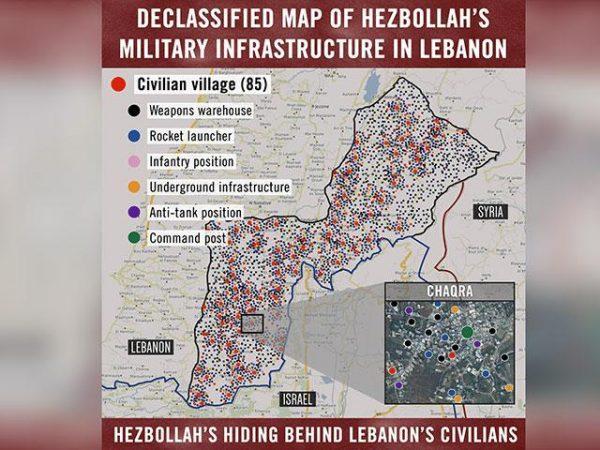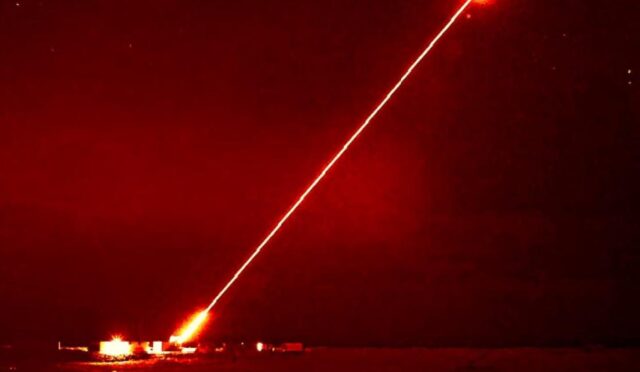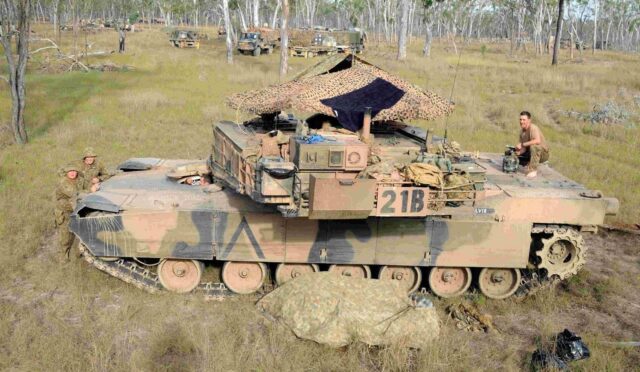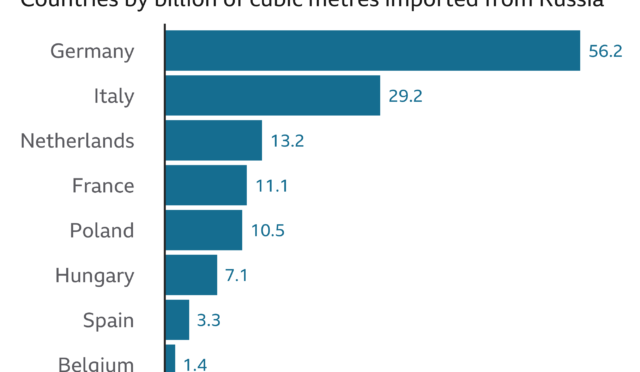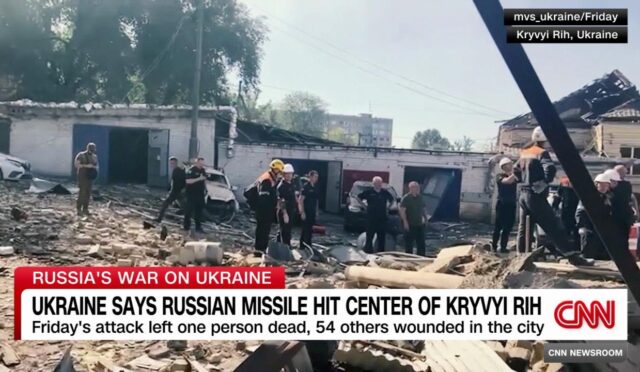Israeli Strikes and Their Immediate Impact
On Sunday, Israeli airstrikes in southern Lebanon reportedly killed two individuals, as confirmed by local authorities. This incident took place amidst ongoing discussions involving U.S. officials regarding Hezbollah and potential economic reforms in Lebanon. The strikes mark a critical moment, occurring more than four months into a fragile ceasefire, and came just a day after U.S. Deputy Special Envoy for the Middle East, Morgan Ortagus, engaged in talks about disarming the Iran-backed militant group with key Lebanese figures.
The strikes targeted the town of Zibqin, near the Israeli border, where the Lebanese health ministry labeled the attacks as actions by the “Israeli enemy.” Israel asserted that the operation aimed to eliminate two Hezbollah operatives believed to be involved in rebuilding the militant group’s infrastructure. Despite a ceasefire agreement reached on November 27, which successfully reduced hostilities after a prolonged conflict, Israeli actions have continued, including strikes in southern Lebanon and the stronghold of Hezbollah in southern Beirut.
The Context of the Ceasefire Agreement
The ceasefire, established under a United Nations resolution, mandated that only Lebanese troops and U.N. peacekeepers could remain in southern Lebanon, while it also called for the disarmament of all non-state militias. An anonymous Lebanese official revealed that discussions with Ortagus on Saturday highlighted the urgent need to enhance and accelerate the Lebanese army’s efforts to dismantle Hezbollah’s military capabilities. The goal is to restrict weapons ownership to state entities, although no specific timeline for these measures has yet been established.
Under the ceasefire terms, Hezbollah was to reposition its fighters north of the Litani River, located approximately 30 kilometers from Israel, and dismantle any remaining military installations in the south. Conversely, Israel was expected to withdraw its forces beyond the U.N.-designated Blue Line, the recognized border. However, Israel has repeatedly failed to meet withdrawal deadlines and continues to hold five strategic positions in southern Lebanon.
Diplomatic Engagement and Economic Reforms
In the wake of these tensions, Ortagus’s meetings with Lebanese President Joseph Aoun and Prime Minister Nawaf Salam—who recently ended a two-year leadership vacuum—were described as constructive. The discussions not only centered on the situation in southern Lebanon but also on necessary economic reforms. A Lebanese official indicated that Ortagus suggested that rebuilding war-torn areas would first require implementing reforms and enhancing the state’s authority.
International creditors have maintained that Lebanon must undertake significant reforms before accessing bailout funds crucial to alleviating its prolonged economic crisis, largely stemming from years of mismanagement and corruption. Following her meeting on Sunday with Finance Minister Yassine Jaber, Economy Minister Amer Bisat, and new central bank governor Karim Souaid, Ortagus focused on governmental reforms and the recently devised economic reform program. These officials are also slated to meet with the International Monetary Fund in Washington later this month to discuss further assistance.
Increased Security Measures at Beirut Airport
Acknowledging the urgency of security measures, the Lebanese official noted that Ortagus praised the government’s reform plan, particularly the new procedures being implemented at Beirut Airport. Authorities are enhancing protocols and introducing advanced technologies to prevent smuggling activities, including potential funds channeling to Hezbollah, according to a Lebanese security source who requested anonymity.
In a related development, flights between Lebanon and Iran have been suspended since February, following U.S. warnings that Israel might target Beirut’s airport to disrupt alleged arms deliveries to Hezbollah. This continued tension illustrates Hezbollah’s unique status as the only Lebanese armed group that has refused to disarm since the end of the 1975-1990 civil war, despite facing significant setbacks during its recent conflict with Israel.
